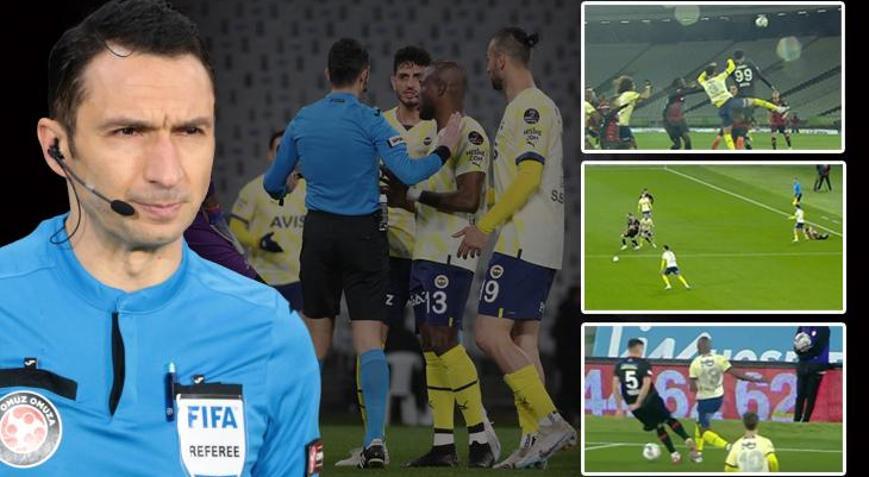Gremio vs Inter: A Rivalry Rooted in Passion
Por um escritor misterioso
publicado em dezembro/29/2024

The Gremio vs Inter rivalry is one of the fiercest and most passionate rivalries in Brazilian football. This article explores the history, significance, and key moments of this intense clash between two renowned clubs.


Gremio Foot-Ball Porto Alegrense, commonly known as Gremio, was founded in 1903 and has since become one of the most successful clubs in Brazilian football. Internacional, often referred to as Inter, was established just a few years later in 1909. Both clubs have amassed numerous trophies over the years and boast passionate fan bases.
The rivalry between Gremio and Inter can be traced back to their geographical proximity and shared history. Porto Alegre, the capital city of Rio Grande do Sul, is home to both clubs and serves as the battleground for their clashes. The passion that runs through these matches reflects not only their competitive spirit but also their deep-rooted connection to the region.
One defining characteristic of this rivalry is its intensity. Matches between Gremio and Inter are typically high-stakes affairs with emotions running high on both sides. The players understand what it means to represent their respective clubs in this derby match and give everything they have on the pitch.
Over time, there have been several memorable moments that highlight the significance of this rivalry. One such moment came during the final match of Copa Libertadores de America in 1983 when Gremio defeated Inter on penalties to lift South America's most prestigious club trophy for the first time ever. This victory solidified Gremio's status as one of the top clubs in the continent and added fuel to the rivalry.
Another notable moment in this rivalry occurred in 2006 when Gremio was relegated to the second division of Brazilian football. This setback for Gremio was seen as a source of joy for Inter fans, who reveled in their rival's misfortune. However, Gremio quickly bounced back and regained their place among Brazil's elite clubs.
The Gremio vs Inter matches are not just about football; they also symbolize a clash between two distinct cultures and identities within Rio Grande do Sul. Gremio is often associated with a working-class background, while Inter is seen as representing the more affluent sections of society. This contrast adds another layer of complexity to an already intense rivalry.
In recent years, both clubs have experienced success on the national and international stage. Gremio won another Copa Libertadores title in 2017, while Inter claimed their first Copa Sudamericana trophy in 2008. These triumphs have only heightened the stakes whenever these two teams meet.
In conclusion, the Gremio vs Inter rivalry is more than just a football match; it represents a clash between two proud clubs deeply rooted in their shared history and regional identity. The passion, intensity, and memorable moments associated with this derby make it one of the most captivating rivalries not only in Brazilian football but also worldwide.



CASA PEDRO DOMECQ – Gonzalez Byass

Imperdível! 110 referências de casas bonitas para se inspirar
The Gremio vs Inter rivalry is a classic battle that has captivated football fans in Brazil for decades. These two clubs, based in the state of Rio Grande do Sul, have a long-standing history of fierce competition on and off the field.Gremio Foot-Ball Porto Alegrense, commonly known as Gremio, was founded in 1903 and has since become one of the most successful clubs in Brazilian football. Internacional, often referred to as Inter, was established just a few years later in 1909. Both clubs have amassed numerous trophies over the years and boast passionate fan bases.
The rivalry between Gremio and Inter can be traced back to their geographical proximity and shared history. Porto Alegre, the capital city of Rio Grande do Sul, is home to both clubs and serves as the battleground for their clashes. The passion that runs through these matches reflects not only their competitive spirit but also their deep-rooted connection to the region.
One defining characteristic of this rivalry is its intensity. Matches between Gremio and Inter are typically high-stakes affairs with emotions running high on both sides. The players understand what it means to represent their respective clubs in this derby match and give everything they have on the pitch.
Over time, there have been several memorable moments that highlight the significance of this rivalry. One such moment came during the final match of Copa Libertadores de America in 1983 when Gremio defeated Inter on penalties to lift South America's most prestigious club trophy for the first time ever. This victory solidified Gremio's status as one of the top clubs in the continent and added fuel to the rivalry.
Another notable moment in this rivalry occurred in 2006 when Gremio was relegated to the second division of Brazilian football. This setback for Gremio was seen as a source of joy for Inter fans, who reveled in their rival's misfortune. However, Gremio quickly bounced back and regained their place among Brazil's elite clubs.
The Gremio vs Inter matches are not just about football; they also symbolize a clash between two distinct cultures and identities within Rio Grande do Sul. Gremio is often associated with a working-class background, while Inter is seen as representing the more affluent sections of society. This contrast adds another layer of complexity to an already intense rivalry.
In recent years, both clubs have experienced success on the national and international stage. Gremio won another Copa Libertadores title in 2017, while Inter claimed their first Copa Sudamericana trophy in 2008. These triumphs have only heightened the stakes whenever these two teams meet.
In conclusion, the Gremio vs Inter rivalry is more than just a football match; it represents a clash between two proud clubs deeply rooted in their shared history and regional identity. The passion, intensity, and memorable moments associated with this derby make it one of the most captivating rivalries not only in Brazilian football but also worldwide.

Casas pequeñas: 12 ideas para decorar la tuya y los 5 mejores consejos de interioristas
